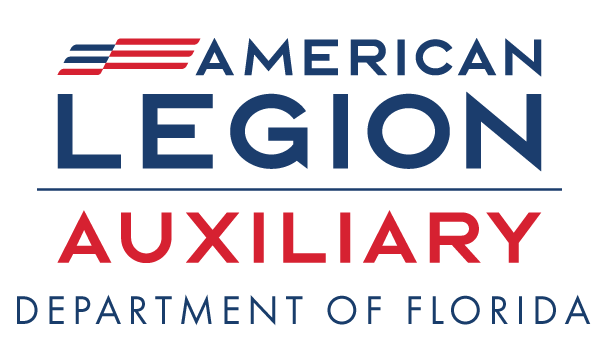7-Point Plan to Get Your Representative to Pay Attention
- Write the member a personal letter and expect a response within thirty days. Do not use a form letter or postcard.
- If you haven’t heard from your member, call to ask for a meeting with the staff member in charge of veterans issues.
- Be concise at the meeting. Have your facts straight and all your sources.
- Request that your issue/concern be placed on the radar screen and supported by your member.
- If the above isn’t working, stand outside the member’s office or committee door. Introduce yourself when she/he passes by and tell them about your concern as simply as possible. Back up your statement with facts.
- Send a thank you letter for the time and support the member gives to your issue.
- Hold her/him accountable. Send a note of appreciation if she/he votes yes. Send a note questioning a no vote.
National and State Legislative Committee
The national organization of the American Legion Auxiliary has a National legislative Committee which works closely with the National Legislative Commission of The American Legion. The American legion Commission has offices in Washington. D.C. and continually promotes the passage of The American legion sponsored legislation. Departments of the American legion and Auxiliary also have Legislative Committees which function in a similar manner within the states.
Unit Support in Legislative Work
When measures important to the American Legion and American Legion Auxiliary are before the lawmaking bodies for consideration appeals go out for support on these measures. At such times the unit members should contact their representatives urging them to take the action desired.
How Legislative Policy is Formed
In all matters of legislation the American Legion Auxiliary follows the action of The American Legion, never endorsing any measure until The American legion Has firs endorsed it and never following a policy which does not coincide exactly with The American legion’s stand.
The Department Conventions formulate the legislative program for each Department and also follow the action of The American Legion Department Convention. They outline the policy to be followed in regard to measures to come before the legislatures of their stats and also pass resolutions on national measures to be referred to the national Conventions.
Legislative Work for the Unit
The legislative activities of the Unit may be handled by the Unit President, by a standing Unit committee, or by a special committee appointed to conduct the work in special emergencies. The legislative matters usually deal with some other phase of Auxiliary work, such as Veterans Affairs and Rehabilitation – getting beneficial legislation for veterans; Children and Youth – securing legislation beneficial to children of veterans and children generally; National Security – securing national security measures; or Americanism – obtaining the passage of measures to promote better citizenship or to curb the activities of radicals. The arousing of public sentiment in support of such measures might well be left to the committee handling the activity under which they fall.
All Unit Legislative Chairmen should subscribe to The Dispatch. The American Legion’s publication. This biweekly newspaper describes current legislative issues and other news pertinent to The American Legion family. Subscription requests with payment should be sent to The Dispatch, The American Legion , PO Box 1055, Indianapolis, IN 46206.
The American Legion National Legislative Awards
These awards will be based upon copies of congressional responses forwarded to the Commissions’ Staff Office in Washington, DC. Eligibility for citations will be based upon two factors:
- The number of congressional responses in relationship to the Department’s membership.
- The timeliness of congressional responses forwarded to the National Legislative Commission, The American Legion.



